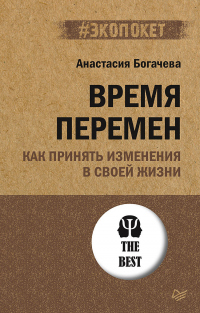Книга Мотивационное консультирование: как помочь людям измениться - Роллник Стивен
Читать книгу Мотивационное консультирование: как помочь людям измениться - Роллник Стивен полностью.
Шрифт:
-
+
Интервал:
-
+
Закладка:
Сделать
Перейти на страницу:
Перейти на страницу:
Книги схожие с книгой «Мотивационное консультирование: как помочь людям измениться - Роллник Стивен» от автора - Уильям Роберт Миллер, Роллник Стивен:
Комментарии и отзывы (0) к книге "Мотивационное консультирование: как помочь людям измениться - Роллник Стивен"












